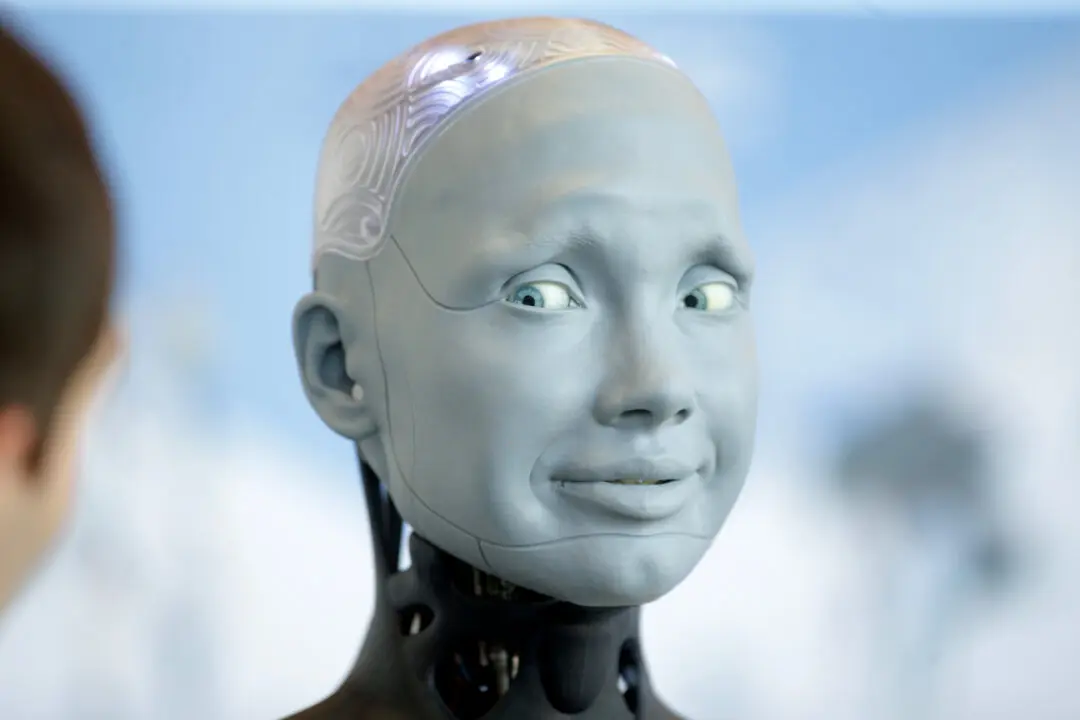Commentary
Continuing on this issue of artificial intelligence (AI), most users toggle between thinking it is the greatest-ever invention and thinking it will doom us all. At issue is accuracy. Invariably, an expert on a specific area can outwit it. Eventually, the LLM engines will admit it and then improve, which says much for them. Most humans will never admit error!





